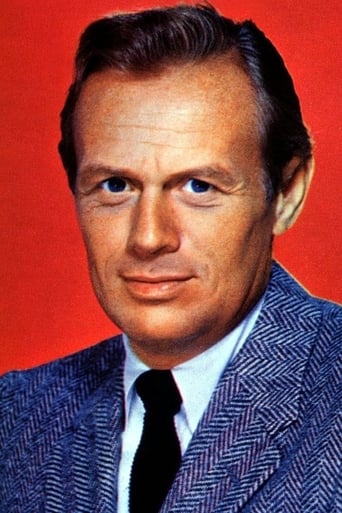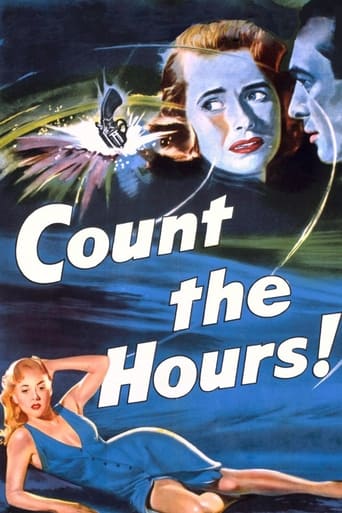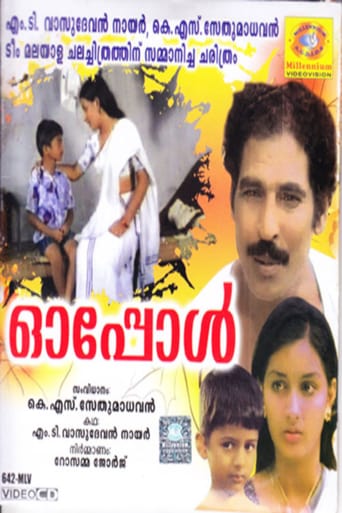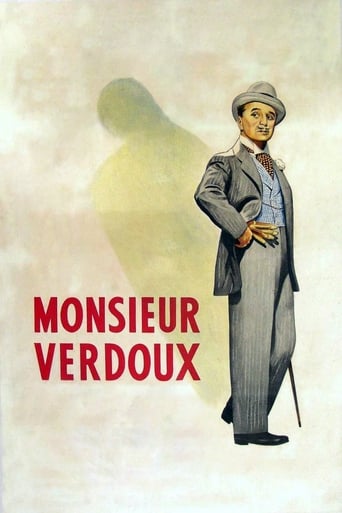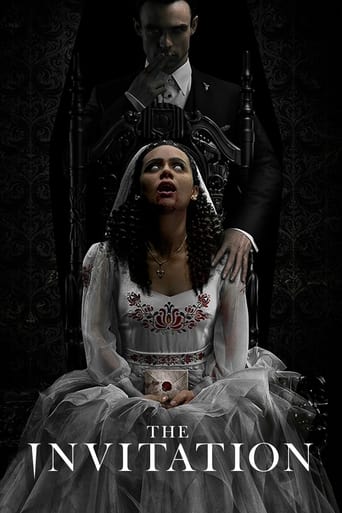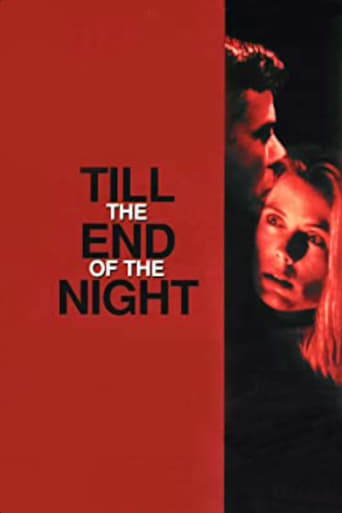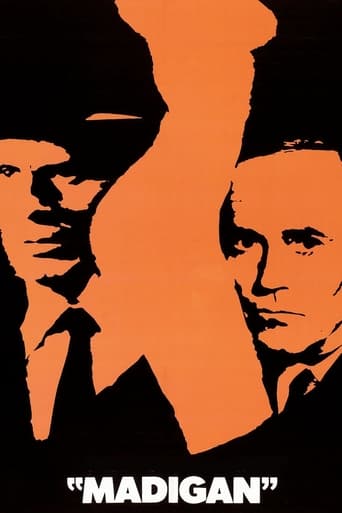
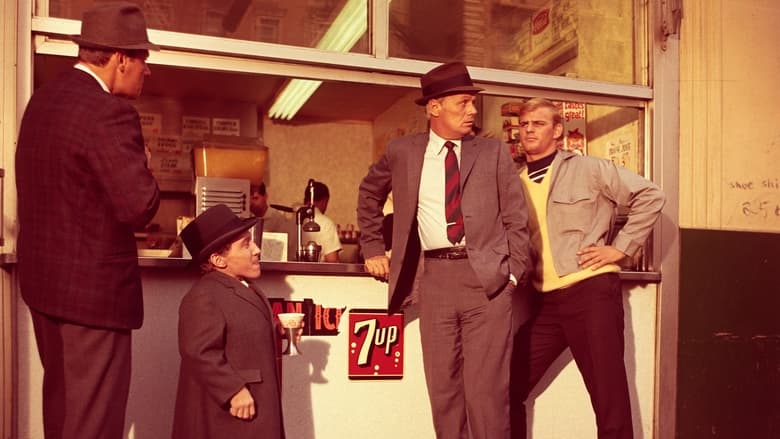
Madigan (1968)
Policemen Bonaro and Madigan lose their guns to fugitive Barney Benesch. As compensation, the two NYC detectives are given a weekend to bring Benesch to justice. While Bonaro and Madigan follow up on various leads, Police Commissioner Russell goes about his duties, including attending functions, meeting with aggrieved relatives, and counseling the spouses of fallen officers.
Watch Trailer
Cast
Similar titles
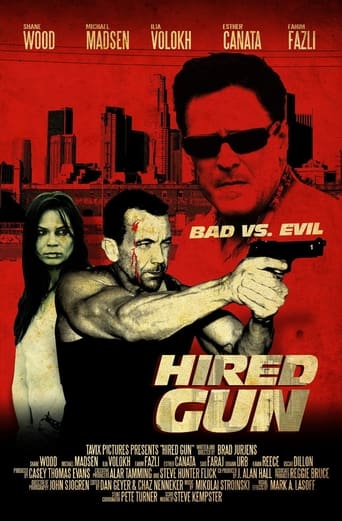

Reviews
One of the worst movies I've ever seen
Absolutely Fantastic
It's not great by any means, but it's a pretty good movie that didn't leave me filled with regret for investing time in it.
Worth seeing just to witness how winsome it is.
"Madigan" is widely recognised as being a significant influence on the spate of TV and movie cop dramas that become so popular in the 1970s. It's also quite an ambitious movie because in its 110 minutes, it features a manhunt for a killer, provides an insight into the complicated personal lives of police officers and contrasts the work of street cops with those in more senior roles. Maybe more significantly though, it also shows how the events that take place over a single weekend in June, lead a Police Commissioner to rethink the whole set of values and principles that he'd previously adhered to throughout his long and distinguished career.Tough NYPD detectives Daniel Madigan (Richard Widmark) and Rocco Bonaro (Harry Guardino) break into a tenement apartment in Upper Manhattan to apprehend a suspect who's wanted for questioning and find Barney Benesch (Steve Ihnat) in bed with a naked young woman. Benesch reacts by pushing the woman out of the bed and takes advantage of the distraction that this causes to disarm the two cops and escape with their guns. When Chief Inspector Charlie Kane (James Whitmore) informs Police Commissioner Anthony X Russell (Henry Fonda) about the incident, the strict disciplinarian reacts by criticising the Manhattan officers for departing from the rules by attempting to make an arrest on behalf of a Brooklyn precinct and gives them just 72 hours to recapture Benesch.Some other matters that Russell has to deal with on the same day include delivering a speech at the Police Academy graduation day, meeting a black preacher who claims that his son was beaten up and racially abused when arrested in connection with a sexual assault charge and also what to do about convincing evidence he'd been given of some serious wrongdoing by his oldest friend and colleague, Charlie Kane. Russell is a firm believer in what's right and what's wrong and doesn't recognise any middle ground and so decides he'll have to deal head-on with the accusations made against Kane.Meanwhile, Madigan and Bonaro make progress in their search for Benesch by conscripting the help of a bookie called Midget Castiglione (Michael Dunn) and a young man named Hughie (Don Stroud) who'd acted as a pimp for Benesch. Working long hours and under considerable pressure, Madigan also has to cope with the complaints of his beautiful wife Julia (Inger Stevens) who berates him for the commitment he gives to his job and the fact that it leaves her lonely and frustrated at home. She also doesn't understand why he's not more focused on gaining promotions to achieve greater status and respect. A brief amount of time he spends with his ex-girlfriend Jonesy (Sheree North) provides a more pleasant interlude but when reports are received that Benesch has shot a couple of police officers with Madigan's gun, the pressure to bring the unhinged killer to justice becomes even more intense.Despite there being many different threads to its plot, "Madigan" never loses its impetus or clarity and through the use of extensive location work, also achieves a gritty, semi-documentary style which is perfect for this type of material. The characters are also interesting to watch because they're so well-developed and display the kinds of contradictions that are so commonly seen in everyday life. A great example of this is Commissioner Russell who demands that everyone under his control should maintain the highest moral standards at all times and yet, this man who presents himself as a paragon of virtue, is actually involved in an adulterous affair with a married woman. What he learns about himself and others during the course of this drama easily makes him the story's best written and most fascinating character by a considerable distance.The quality of the acting is particularly good in this movie with Richard Widmark and Henry Fonda both outstanding in their lead roles and some fine supporting performances, especially from Inger Stevens and Don Stroud.
The end of an era. Cops in suits with narrow ties and fedoras, worn inside and out, day and night. Lincoln sedans with rear suicide doors. Women in bright colours, hats, and fully made up stay at home wives. The bad guys and near criminals in mauves and plush velour at the edge of the beatnik fringe. Dial telephones, typewriters, carbon paper, no computers, cops using phone booths and carrying dimes, cigarettes and booze everywhere, adultery, a near drunken sexual assault, all 60's stuff at the end of an era. Widmark is too old to have both a hot wife and an ongoing pleutonic relationship with a nightclub singer. He is also a nice guy one minute and physically threatening an old lady the next or kicking down a door without a warrant. He can't carry off the bad cop and rule breaker role. There is a subplot with police corruption and the straight laced commissioner learns too bend a little with advice from his married girlfriend. There is a second subplot with a potential racial police incident with a black suspect. The finale is pre-SWAT teams with the two detectives breaking through a door armed with two handguns each in a shootout reminiscent of a B western. Forget the plot, with its many flaws, and focus on the New York and the sixties look and feel
Richard Widmark(Madigan) & Harry Guardino play two police officers who lose their gun to a murder suspect(Steve Inhat). They are then given a short period of time to catch him, and retrieve his gun, before it is used in the commission of a crime. Madigan must also deal with his home problems involving his bored and neglected wife(played by the beautiful Inger Stevens) Henry Fonda plays the police commissioner who must deal with the hard-headed Madigan, and other issues that threaten the safety and reputation of the city.Moderately interesting yarn has good performances and direction, though a somewhat tedious and familiar story, though the ending is a surprise. Later inspired a brief TV series.
A muddled film that reminds me of Frank Sinatra vehicle "The Detective" released the same year. Both movies augment tough, realistic, location-shot police procedural material with stagy drama from their cops' personal lives, and both attempt to deal with adult sexual issues in a frank & forthright manner. And they both largely miss the mark: the personal drama doesn't integrate well with the action-oriented police-work, and the sexual frankness is awkward and badly dated. That said, this movie does have its pleasures.Widmark is very good, if a bit too old for the part. He brings an element of volatility to his character, and makes Madigan's seeming contradictions (nasty one minute, compassionate the next) wholly credible.The supporting cast is uniformly excellent. Watch for the wild, hammy, but engaging bit parts played by Michael Dunn as a shady little person informer, Don Stroud as a petulant, sleazy pimp, and Steve Ihnat as the crazed killer. The scenes with these three characters are some of the sharpest in the film, little set pieces that really bring the proceedings to life.Fonda's role is a tougher assignment. His character is an intimidating, implacable moral absolutist, a man of few words who processes events internally. In the course of the film he runs into a variety of moral dilemmas, and has to make decisions about them. So how would an actor communicate what's roiling within this character? Beats me, because Fonda didn't do it. He walks through every scene stone-faced, and his decisions seem utterly random. He played this so understated that no statement is made at all.And the less said about the personal drama love interest scenes the better. Though Inger Stevens and Susan Clark do their best with their thin roles, this stuff kills the pacing of the main story threads. Stevens role as Madigan's wife is there largely to give the story's ending some emotional kick, but it just ain't happening.The climactic shootout scene at the end is brutal and utterly convincing. Siegel could do compelling action scenes with the best of them. This little bit of the movie is truly great.So yeah, it's a flawed film, but die-hard fans of crime & police drama, Siegel, and/or Widmark should check this out anyway.
